About the artists and their projects
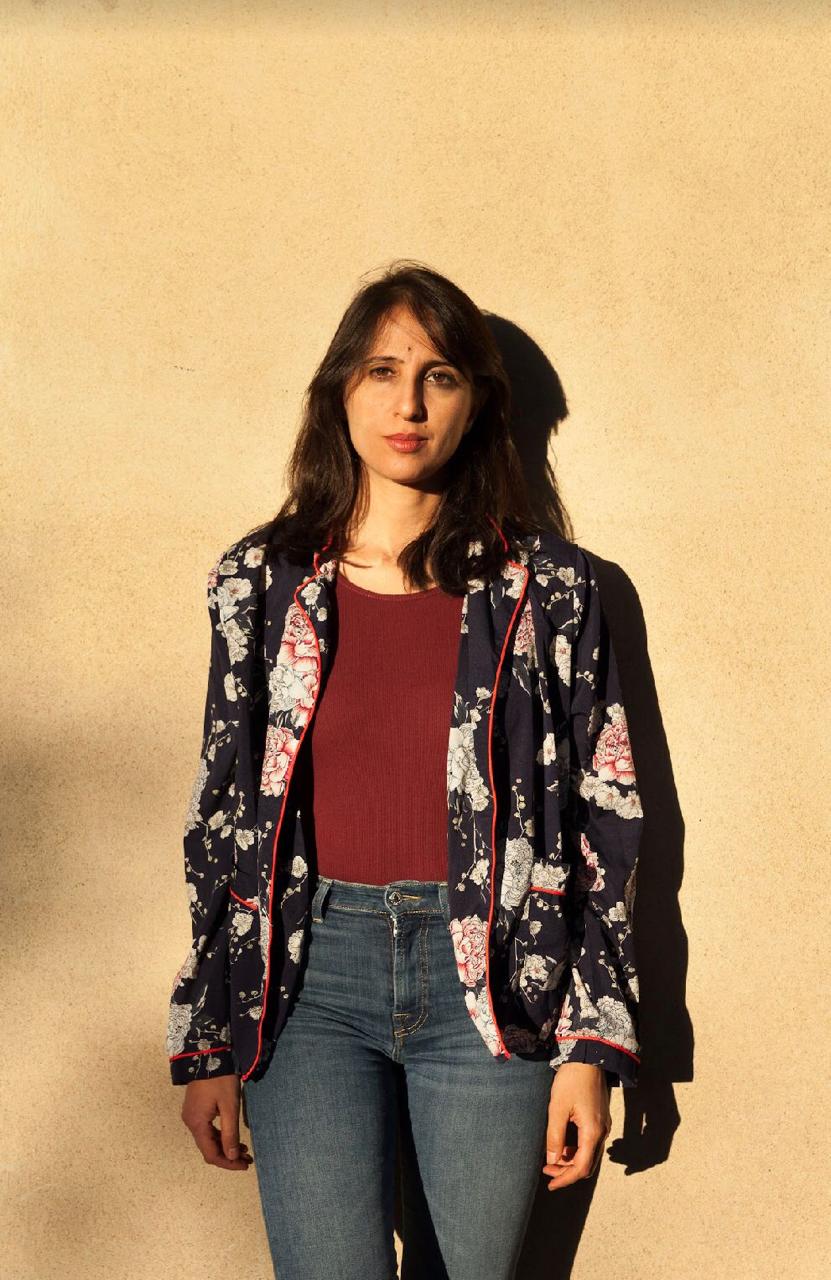
Alia Hamdan (b. 1979) is a researcher in aesthetic politics and a dance practitioner based in Beirut, Lebanon. Her research and dance interests involve the encounters between regimes of images, choreographic modes of thinking, and politics. In the last 10 years, Alia taught several courses on dance theory and art history in Beirut at Académie Libanaise des Beaux-Arts and Université Saint-Joseph, while also producing dance and lecture performances, such as Someday at BIPOD in Beirut (2022) and Dancers, October 17 at Zokak in Beirut (2021). In 2022, she participated in the residency at The Camargo Foundation in Cassis, and in 2023, at Schloss Academy in Stuttgart.

The selected proposal: Since 2010, and since the advent of the collapse, Lebanese people have stepped into an entropic time, which involves a future of degradation, as people begin to evaluate time by how things (such as walls, cars, schools and hospitals) decay. Alia’s project, The Dance Lecture Series: On Time Measures, will be a scientific lecture exploring timekeeping tools and ideas, which will be contaminated by dead, off-sight, irruptive, and looping inserts. These durational inserts, in the form of still images, sounds, dance videos, or staged events record some material aspects of the present in Beirut and deform the chronological flow of the room.
Alia will be presenting her project at Alkantara Festival and Kaaitheater in 2024.
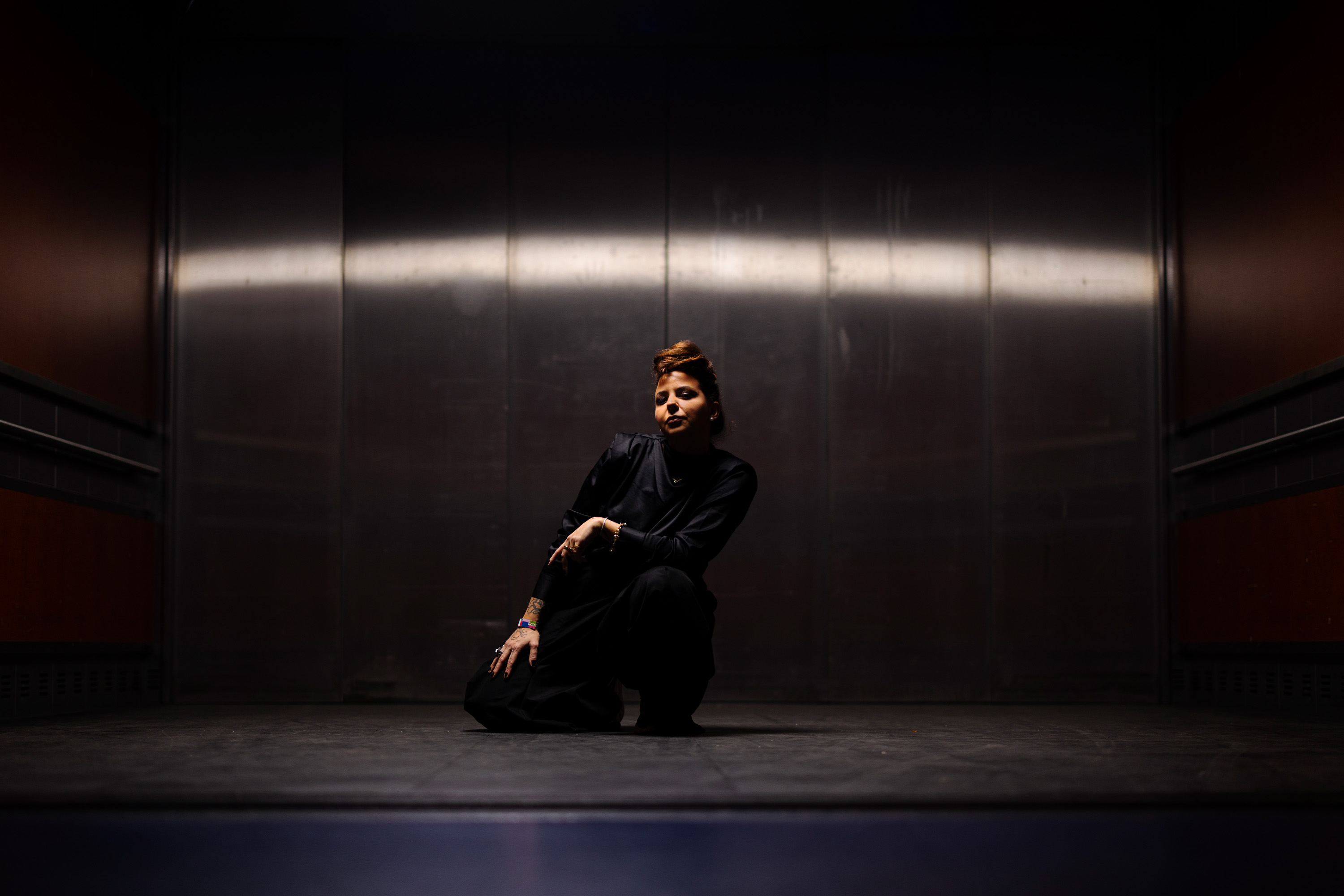
Liliane Chlela (b.1986) is a producer, DJ, and performer widely known in electronic and experimental scenes for her unique and audacious approach to sound, which stirs audiences to push the limits of their auditory experiences. Through her signature techniques, the Lebanese-born Montréal-based producer explores the relationships between improvisation and the manipulation of sounds from wide-ranging musical genres. With three self-produced albums already under her belt, Liliane’s album Safala (2021) blends field recordings, personal memories, and incantations with pioneering and disruptive sounds.
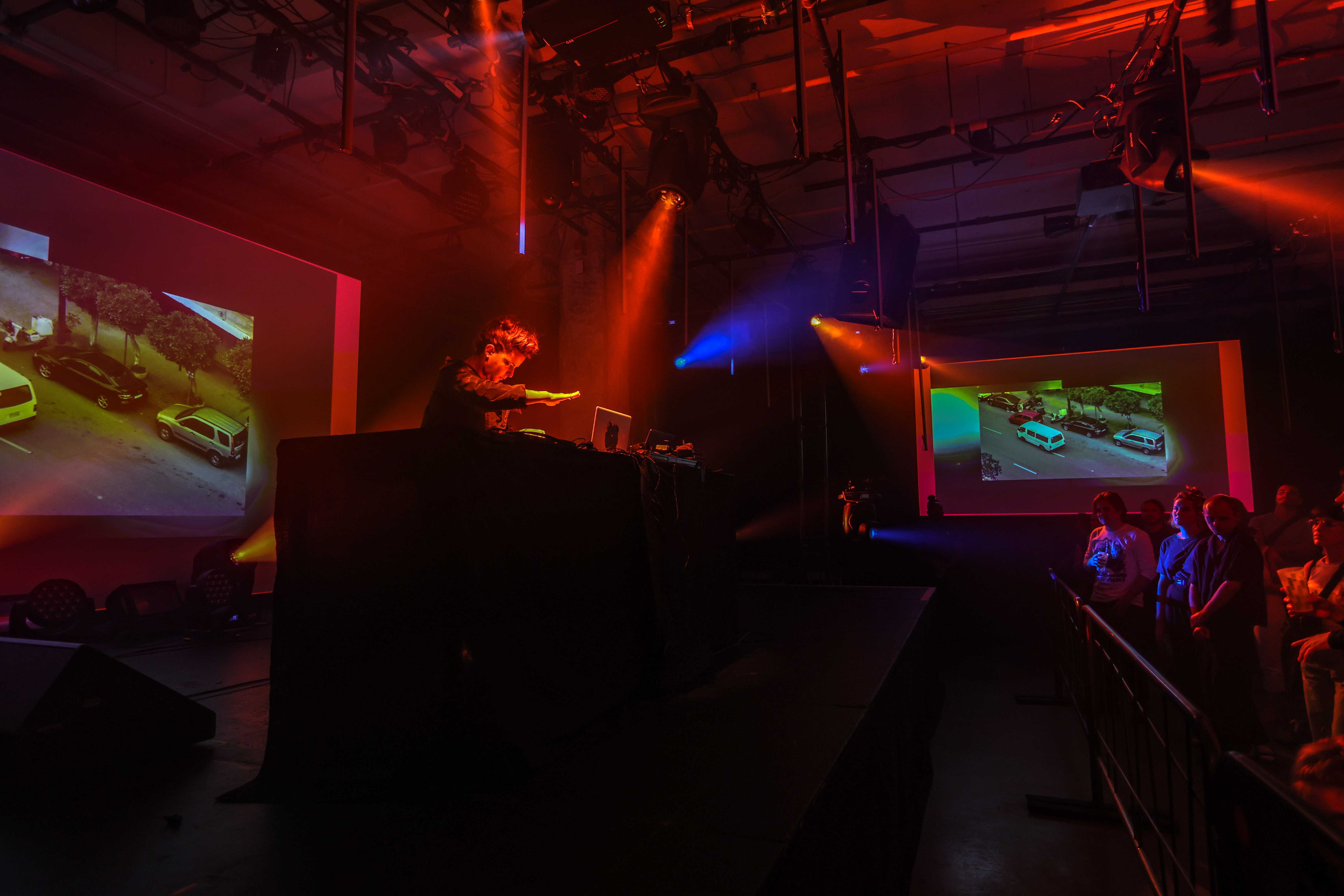
The selected proposal: In her project, I; the hybrid and the antidote, Liliane aims to record and produce themes that reflect the diasporic existence of one’s being within the hybrid spaces that emerge between recollection and denial. These themes will be presented to musicians and their instruments, while their sonic interpretations will be recorded. The synthesized versions of these recordings will serve as instruments for a live performance, resulting in an intimate sound bank of synthesized themes. From this, Liliane will micro-edit the themes into compositions, while creating hybrid modules and spaces.
Liliane will be presenting her project at Ancienne Belgique in Spring 2024 (TBD) and in Le Guess Who? (TBD).
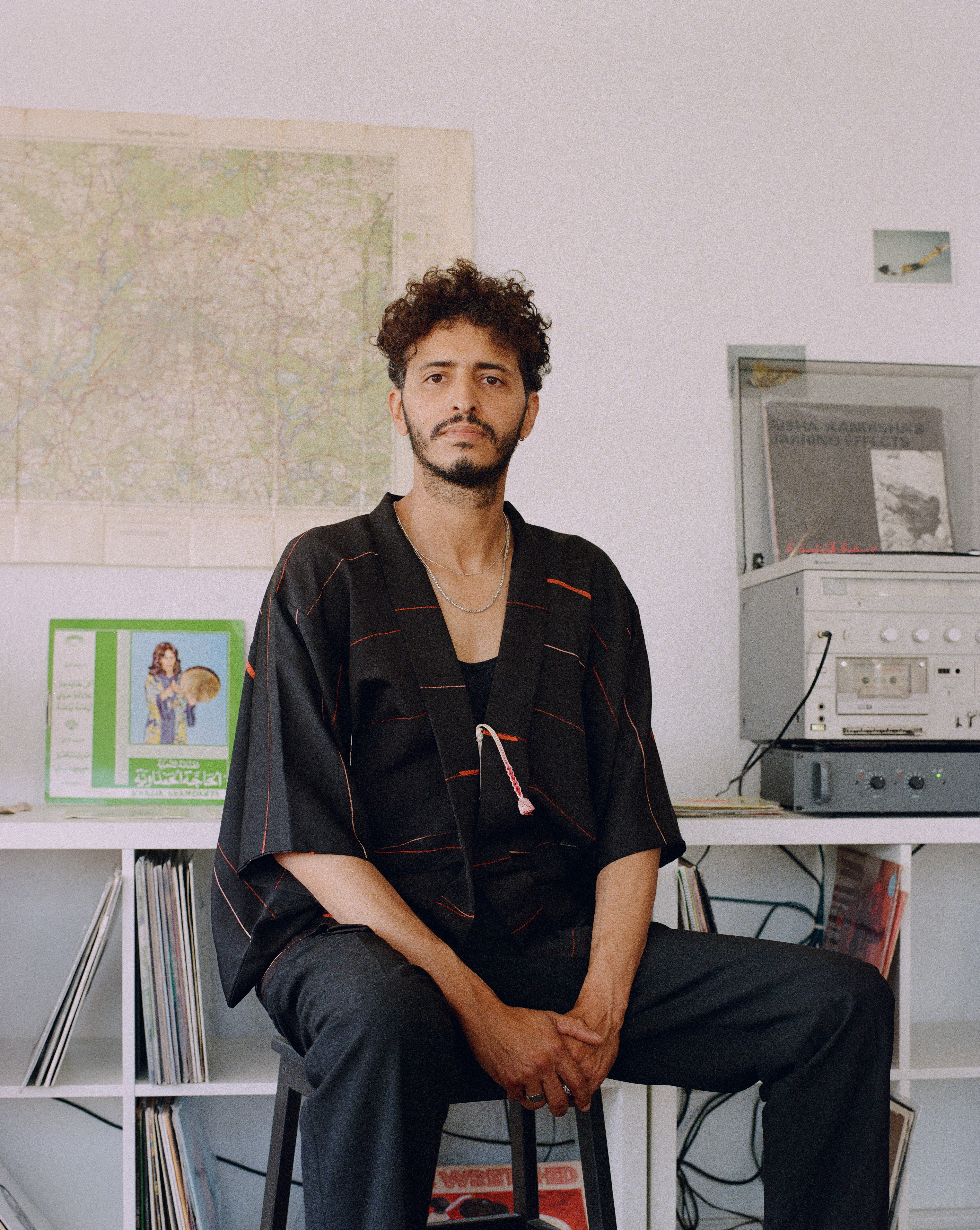
Mohamed-Ali Ltaief (b. 1984) is a Tunis-born, Berlin-based performance artist, author, and scholar. His practice draws from cross-disciplinary and post-colonial perspectives at the intersection of theatre performance, sound, and conceptual and visual art, alongside essays and fiction. In 2011, he co-founded the independent art group “Ahl Al-Kahf” in Tunisia, which later launched Radio Ahl Al-Kahf. He has been working on various projects and lectures, such as “The path of the sun or the bare life” as part of L’Art Rue Residency at Madrasa El Achouria in Tunis (2021) and “What Can We Learn and Unlearn When We Speak Together?” at Jaou Encounters in Tunis (2022). Mohamed-Ali holds a BA in art studies and an MA in aesthetics from L’nstitut supérieur des sciences humaines de Tunis. He is a scholar in the Department of Spatial Strategies at the Weißensee Academy of Art in Berlin.
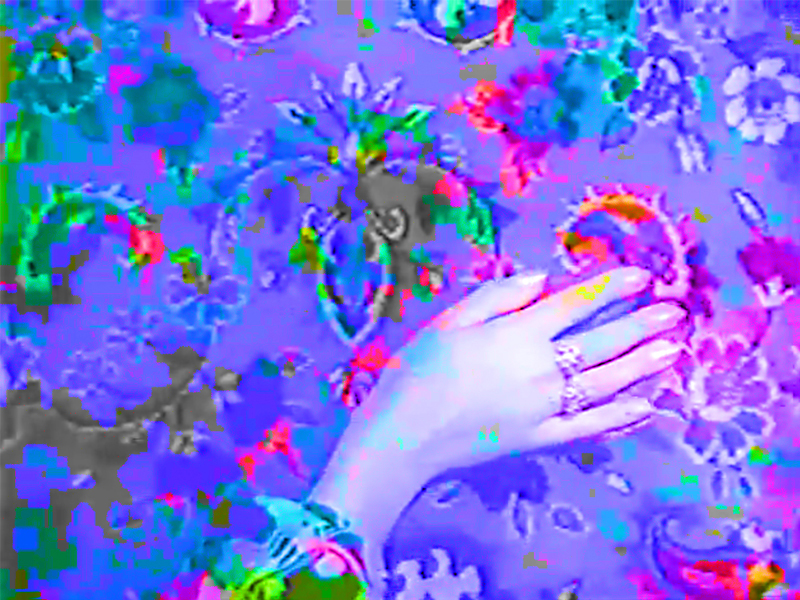
The selected proposal: Mohamed-Ali’s research project, titled The Concretely WE: Voices from within the camp, investigates the legacy of North African sonic archives in the collection of Berliner Phonogramm-Archiv and Ethnologisches Museum in Berlin. It specifically traces the early phonogram sound archives that were commissioned and classified during the 1910s, and are today settled in ethno-musicological collections stored in Berlin at the Prussian Cultural Heritage Foundation. These archives include recordings that the German Phonographic Commission made with prisoners of the First World War. Mohamed-Ali will question these archives to explore the ways in which sonic knowledge can resist and counter-narrate. With this project, he aims to re-imagine, debate, and confront the static sonic archive to transform it into a collective space that can be inhabited and to restore it as a space for deep listening and live-performance.
Mohamed-Ali will be presenting his project at Centrale Fies on July 19, 20, and 21, 2024 and at Kaaitheater in January 2025
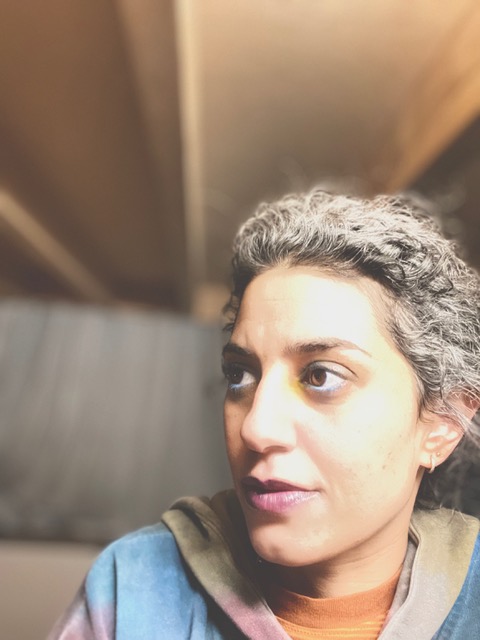
Noha Ramadan (b.1979) makes performances, texts, and moving images. They were born on Dharug/Guringai land to Egyptian immigrants, and moved to Amsterdam in 2005 to study choreography at the School for New Dance Development. Their practice addresses the capacity of the dancing body to access a multiplicity and simultaneity of locations, identities, and desires, as well as to channel chaos and humour. Their performances utilize a distinctly imagistic and filmic approach to sound and gesture, often inducing a sense of navigation through large-scale fantasy spaces. In 2017, Noha co-founded Jacuzzi, an artist-run space at the crossroads of dance and visual arts in Amsterdam, where they have been organizing and supporting different events, such as Nightshades (2019-2023), The Dancing Group, and Jacuzzi Mondays. They also work as an educator, interdisciplinary artistic researcher, and performer.
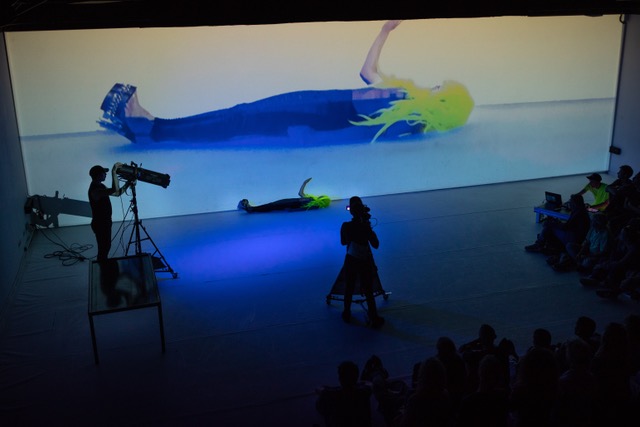
The selected proposal: Noha is interested in using notions of dislocation, dissonance, and spillover to manipulate material (dance, voice, and image) towards a more accurate representation of their experience of living between cultures and contexts – a diasporic, code-switching reality which is less about finding new hybrids than invoking the layered realms which coexist and crash against each other, sometimes awkwardly. In this performance project titled and we shimmered as we crossed from one reality to another, Noha questions what can be revealed through withdrawal, hiding, or abstraction, and how as an artist they can stage the right to opacity.
Noha will present their project at Alkantara Festival in October 2024 (TBD), and at Centrale Fies in 2025.
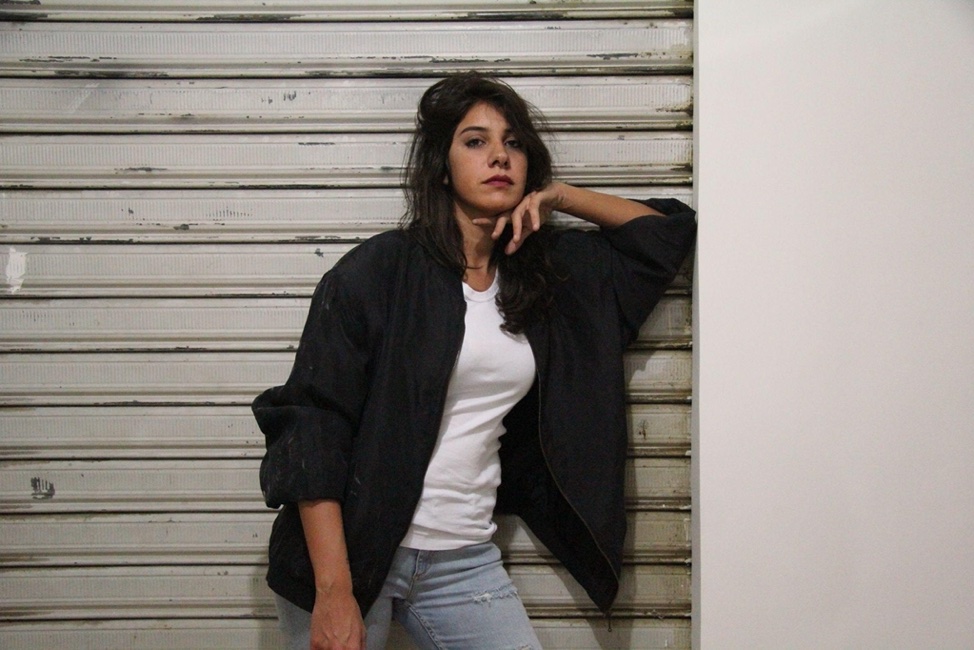
Sandy Chamoun (b. 1987) works and lives in Beirut. She graduated from the Audiovisual and Cinematic Studies Department at the Université Saint-Joseph and studied acting at The Lebanese University. She is a founding member of The Great Departed band, which released their first album, La Bombe, in 2016. She participated in several shows as a lead singer at Metro Al Madina in Beirut. Sandy is also a founding member of Sanam band, whose debut album was released in June 2023. Her debut solo EP, titled Fata17, was released in December 2022.
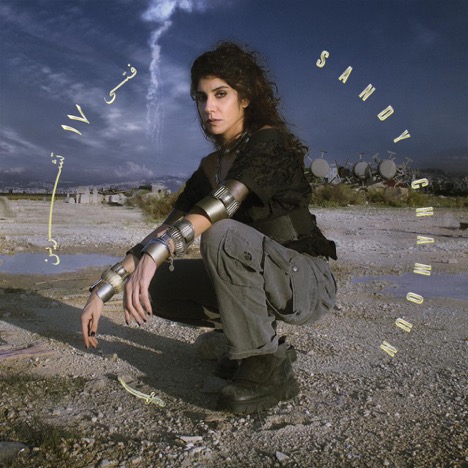
The selected proposal: Sandy’s project, titled ESTENSAR, will explore “Cantu a Tenòre,” a ritual throat singing style from Sardinia, where men celebrate the victory of humanity over nature. This type of polyphonic folk singing is always performed by four people, exclusively male, whose voices must have specific characteristics that will emulate “nature’s soundtrack.” Through her voice and lyrics, Sandy will question what it means to be in Lebanon and to celebrate the victory of human over nature from a woman’s perspective.
Sandy will present her project at Ancienne Belgique in August 2024 and at Le Guess Who? in November 2024.
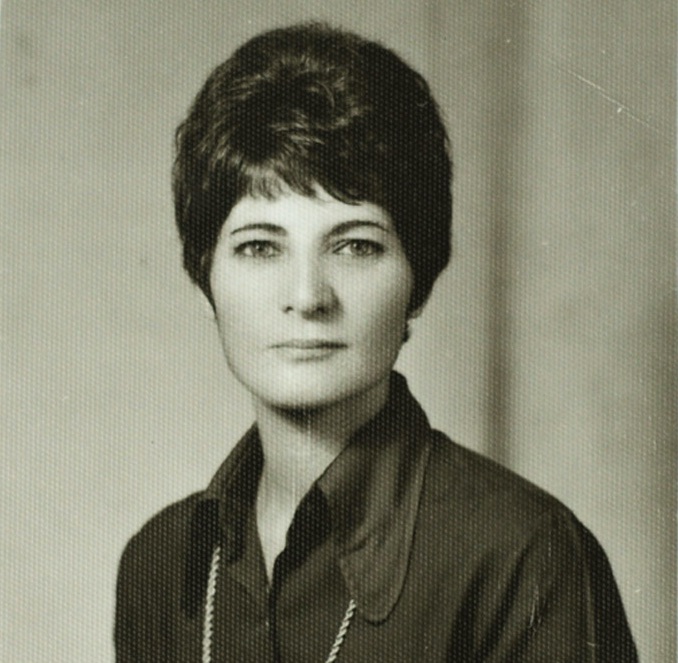
Yasmine Eid Sabbagh explores potentials of human agency by engaging in experimental, collective work processes in her practice. These include (counter-)archiving practices, such as the negotiation around a potential digital archive (re)assembled in collaboration with the inhabitants of Burj al-Shamali, a Palestinian refugee camp near Tyre, Lebanon (where the artist lived between 2006 and 2011, and has been working since 2001), and radical pedagogical projects, such as Ses Milanes-créixer a la natura, a self-organized forest kindergarten in Bunyola, Spain, using nature as its main infrastructure. Photography often acts as a medium for her to communally investigate notions of collectivity, power, and endurance; for example, in her engagement as a member of the Arab Image Foundation, a practitioner-led archival institution, and as a focus in her PhD in Art Theory and Cultural Studies from the Academy of Fine Arts in Vienna (2018).
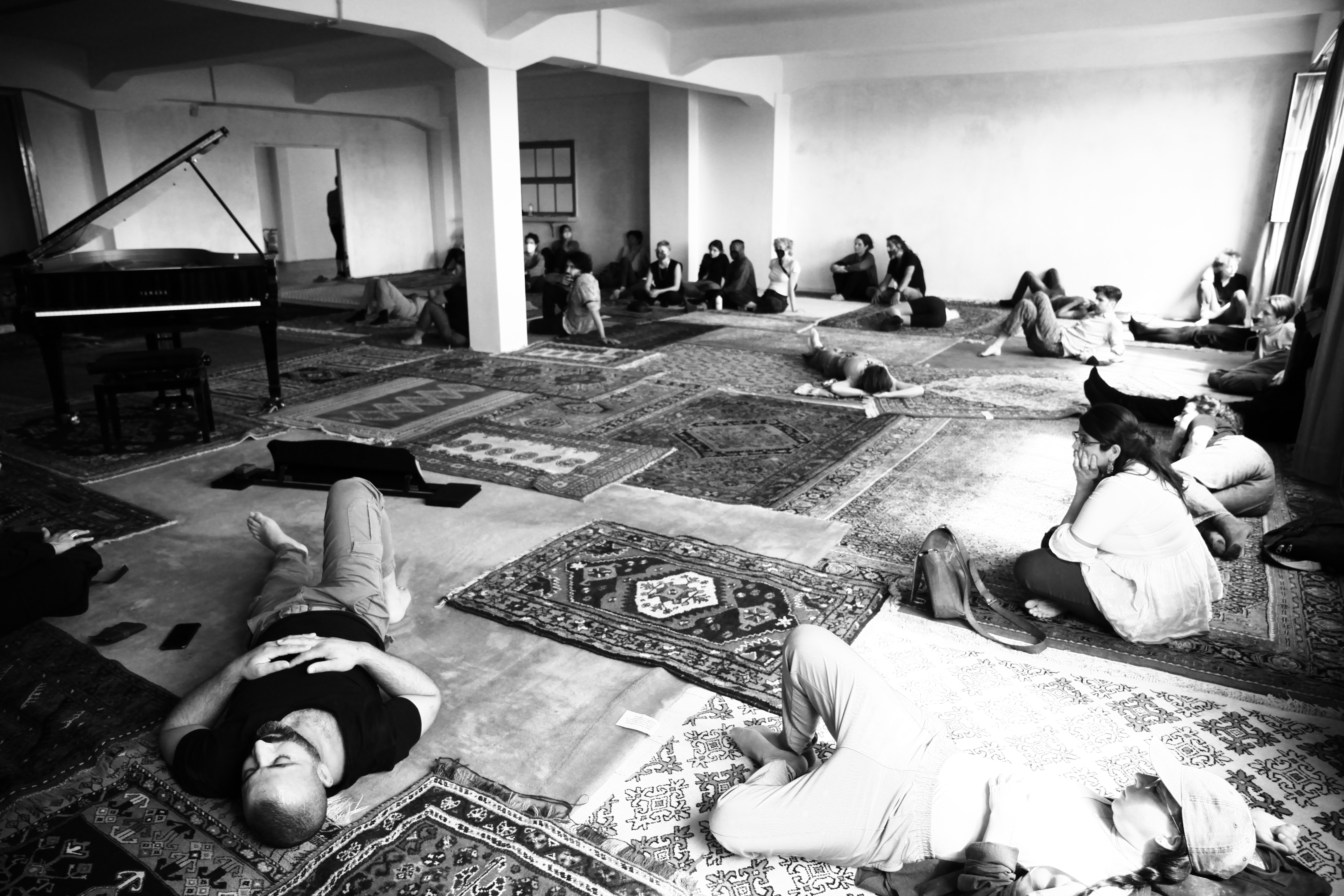
The selected proposal: Yasmine considers developing an installation in the context of the long-term artistic research, a process she calls Frictional Conversations, which, until today, has only been presented in ephemeral forms, mainly as performative interventions. Titled The Script, the installation would decompose a script into a printed form, a sound installation, and performative elements. Through the script, and the glitches in the performance of parts of the script, the installation will continue to question the possibility of representation of Palestinian refugees through photographs in a chronic state of exception.
Yasmine will present her work at If I Can’t Dance and at CARA in 2025.
Partners
For this edition, Mophradat has partnered with Ancienne Belgique in Brussels and Le Guess Who? in Utrecht for music, Alkantara in Lisbon, Centrale Fies in Dro, and Kaaitheater in Brussels for performing arts, and CARA in New York City and If I Can’t Dance, I Don’t Want To Be Part Of Your Revolution in Amsterdam for visual arts.
Alkantara is an arts association that encourages the porosity between artistic experimentation and contemporary debates, based in Lisbon, Portugal. The projects it develops take dance, theatre, and live performance as their starting point, but they often draw from other artistic practices and areas of knowledge in order to bring different discourses and contexts into dialogue. You can read more about Alkantara here.
Ancienne Belgique is a concert hall for contemporary music located in Brussels. It is one of the leading concert venues in Belgium, introducing interesting new and established artists to a broad range of music enthusiasts. You can read more about Ancienne Belgique here.
CARA (Centre for Art, Research, and Alliances) is an arts nonprofit, research center, and publisher that aims to expand public discourses and historical records to reflect art’s abundant pasts, presents, and futures. Through initiatives including publishing, exhibitions, public programs, and fellowships, CARA seeks to challenge dominant narratives and amplify the breadth of arts and culture. You can read more about CARA here.
Centrale Fies is a research center for contemporary performance practices. It is located within an early 20th century hydroelectric power station in Dro, Trento, Italy, which is still partly active and owned by Hydro Dolomiti Energia. You can read more about Centrale Fies here.
If I Can’t Dance, I Don’t Want To Be Part Of Your Revolution is an art organisation established in Amsterdam, the Netherlands, in 2005 and dedicated to exploring the evolution and typology of performance and performativity in contemporary art. It does this through the development, production, and presentation of commissioned projects with artists, curators, and researchers on the basis of long-term collaboration and support. You can read more about If I Can’t Dance, I don’t Want To Be Part Of Your Revolution here.
Kaaitheater is a stage for dance, theatre, performance, music and debate in Brussels, Belgium. Founded in 1977 as a pioneer of innovative performing arts, this house has grown into a platform for both work by artists of the Flemish Wave and new generations of performing artists. You can read more about Kaaitheater here.
Le Guess Who? is a celebration of sound in Utrecht, the Netherlands. It is dedicated to boundary-crossing music and culture from all over the world, and platforms underrepresented sounds that are rarely heard in other places. You can read more about Le Guess Who? here.
